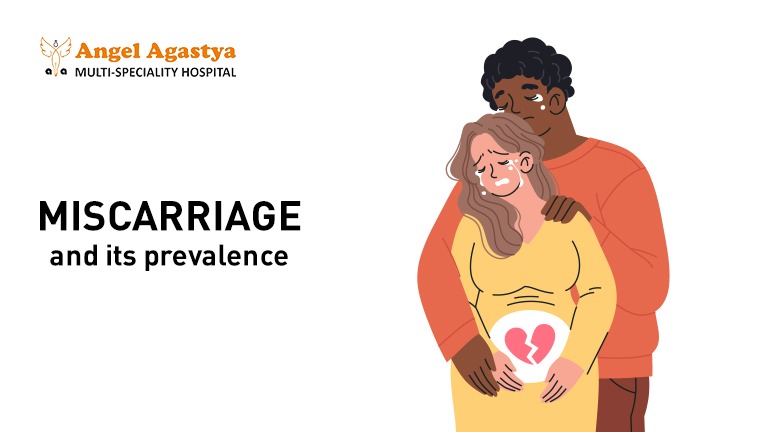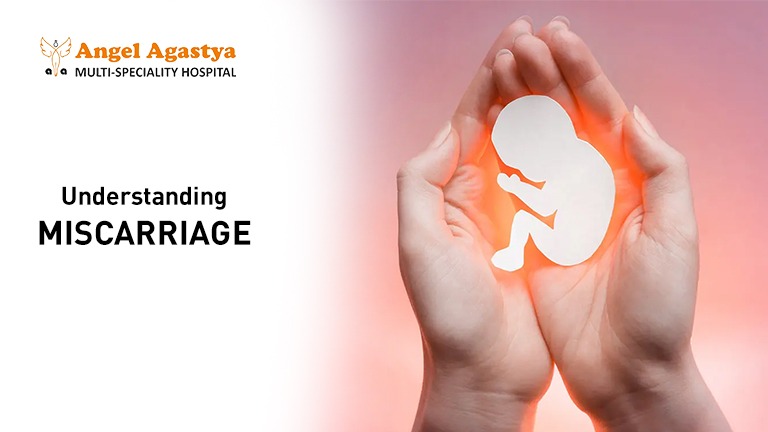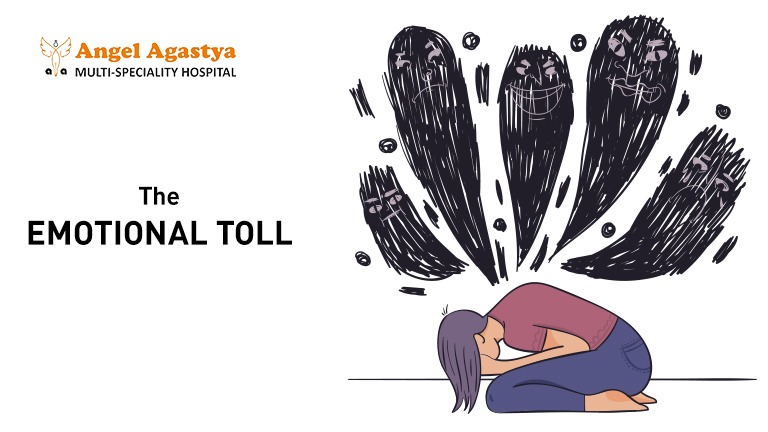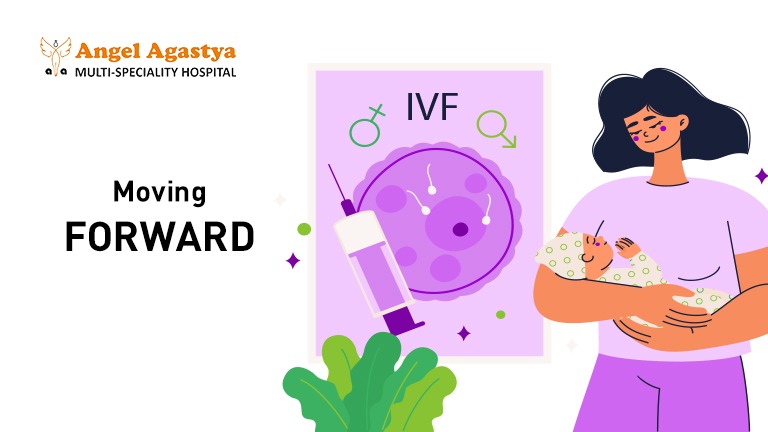Introduction:
Miscarriage, the loss of a pregnancy before 20 weeks, is a deeply personal and often heartbreaking experience. While common, affecting roughly 10-20% of recognized pregnancies, it can feel incredibly isolating and devastating, especially when faced with multiple losses. This blog aims to provide information, support, and resources for individuals and couples navigating the difficult journey of recurrent miscarriage.

Understanding Miscarriage:
Miscarriage is the unexpected end of a pregnancy before 20 weeks gestation. It can occur at any stage, with early miscarriages being the most common.
Different types of miscarriage exist, including:
- Missed miscarriage: When the pregnancy has stopped developing, but the body hasn’t expelled the tissue.
- Incomplete miscarriage: When some, but not all, pregnancy tissue has been expelled.
- Complete miscarriage: When all pregnancy tissue is naturally expelled.
- Chemical miscarriage: An early pregnancy loss often identified through a positive pregnancy test followed by bleeding and a negative test.

It’s crucial to remember that most miscarriages are caused by chromosomal abnormalities in the developing baby, which are random and usually not preventable. It’s not typically the fault of the woman or anything she did or didn’t do.
The Emotional Toll On The Recurrent Miscarriage:
Facing multiple miscarriages can trigger a range of emotions, including:
- Grief: Feeling profound sadness and loss over the unborn child.
- Frustration and anger: Questioning why this is happening and feeling helpless.
- Guilt and shame: Blaming yourself, even though most miscarriages are not caused by anything you did.
- Isolation: Feeling alone and misunderstood by others who haven’t gone through this experience.

These emotions are normal and crucial to acknowledge. Everyone grieves in their own way, and there’s no single right path after a pregnancy loss. Seeking support from loved ones, professionals like therapists specializing in pregnancy loss, or online communities can offer comfort and understanding.
Seeking Medical Help:
After experiencing multiple miscarriages, seeking professional medical evaluation is crucial. Your doctor will take a detailed medical history, perform a physical examination, and potentially recommend various tests like:
- Blood tests: Checking hormone levels, autoimmune factors, and blood clotting issues.
- Genetic testing: Identifying potential chromosomal abnormalities in the parents or the fetus. Ultrasound: Examining the uterus and ovaries for any structural abnormalities.
- Ultrasound: Examining the uterus and ovaries for any structural abnormalities.

Based on the test results, your doctor will discuss potential treatment options if identified causes exist. These might include medications, surgical procedures, or assisted reproductive technologies (ART) like in vitro fertilization (IVF). Open communication with your doctor throughout this process is essential to address your concerns and make informed decisions.
Moving Forward:
The decision of moving forward after recurrent miscarriage is deeply personal and requires careful consideration of various factors. Here are some strategies to help you navigate this challenging phase:
- Allow yourself time to grieve: Acknowledge and process your emotions without judgment.
- Seek support: Talk to loved ones, therapists, or online communities for understanding and comfort.
- Consider genetic counseling: If chromosomal abnormalities are identified, genetic counseling can provide information and support for future pregnancies.
- Explore different options: Discuss with your doctor and partner the possibility of future pregnancies, adoption, fostering, or choosing not to conceive. Prioritize self-care: Engage in activities you find soothing and focus on maintaining your physical and mental well-being.
- Prioritize self-care: Engage in activities you find soothing and focus on maintaining your physical and mental well-being.

Remember, there is no “right” answer, and the path forward will be unique to your circumstances and needs. Take your time, prioritize your well-being, and surround yourself with supportive resources as you make these important choices.
Summary:
Facing multiple miscarriages can be emotionally devastating, and this blog cannot erase the pain of loss. However, it aims to provide a supportive space with information and resources. We’ve discussed understanding miscarriage, managing the emotional toll, seeking medical help, and options for moving forward. Remember, you are not alone. Utilize the available support systems, advocate for your well-being, and find hope and healing during this challenging journey.
FAQs:
What are the risk factors for recurrent miscarriage?
While most miscarriages occur due to chromosomal abnormalities, some potential risk factors for recurrent miscarriage include:
- Advanced maternal age (over 35)
- Certain medical conditions like untreated thyroid disorders, diabetes, or autoimmune diseases
- Previous uterine surgeries or abnormalities
- Repeated infections
- Uncontrolled blood clotting disorders
What tests can be done to diagnose the cause of miscarriage?
As mentioned earlier, tests like blood tests, genetic testing, and ultrasound scans can provide insights into potential causes.
Are there any genetic tests available for couples facing recurrent miscarriage?
Yes, both partners can undergo genetic testing to identify chromosomal abnormalities that might contribute to recurrent miscarriages.
What treatment options are available for recurrent miscarriage?
Treatment options depend on the identified cause and may include medications like progesterone supplements, surgery for uterine abnormalities, or specific protocols for managing blood clotting disorders.
Can I use miscarriage-tracking apps to identify potential risks?
While these apps can help track your menstrual cycle and ovulation, they cannot diagnose medical conditions or predict the risk of future miscarriages. Consulting a healthcare professional is essential if you experience any concerns.
Can telemedicine be used for consultations after miscarriage?
In some cases, telemedicine consultations with healthcare professionals may be possible after a miscarriage, depending on your specific situation and healthcare provider’s policies.
Are there emerging technologies that could improve the diagnosis and treatment of recurrent miscarriages?
Researchers are exploring various advancements like analyzing the chromosomal makeup of the miscarriage tissue to identify potential causes more accurately.
What resources can help individuals find support groups or therapists specializing in pregnancy loss?
Several organizations offer resources and support, including:
- The American Society for Reproductive Medicine (ASRM): https://www.asrm.org/
- The National Council on Family Relations (NCFR): https://www.ncfr.org/
- The National Alliance on Mental Illness (NAMI): https://www.nami.org/Home
Remember, seeking professional help and reaching out for support is crucial in navigating this challenging experience.

